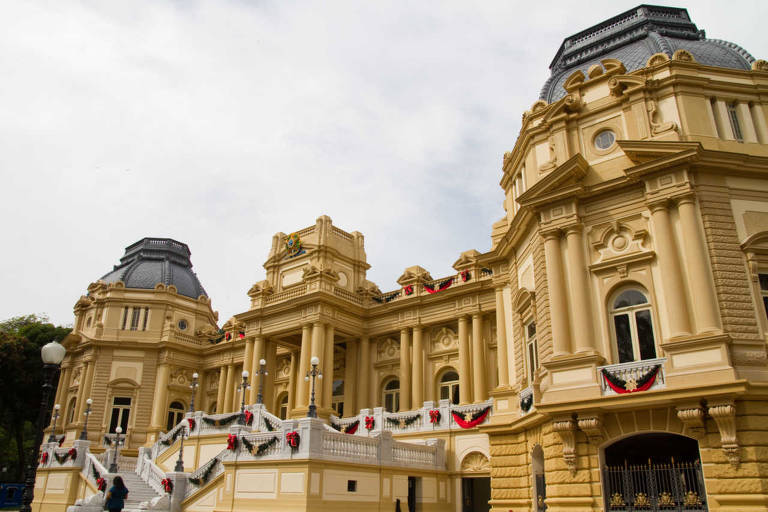The Brazilian Supreme Court (STF) rejected the appeal for which Princess Isabel of Orleans and Bragança asked 125 years ago to return the ownership of the Guanabara Palace, in a decision against the imperial family.
With the decision, the STF ended the longest judicial process in the country’s history.
In a sentence handed down at the end of July and only made public this week with the publication that the case had been definitively closed, the Supreme Court concluded that the imperial family has no rights over the 1853 neoclassical palace that it claimed in Rio de Janeiro.
The process was initiated in 1895 by the imperial princess Isabel do Brasil, who came to govern the country as regent, and was continued by the descendants of the imperial family after her death in 1921.
The applicant alleged that the Guanabara Palace, the current seat of the Government of Rio de Janeiro, was her private residence when the Republic of Brazil was proclaimed in 1889 and the imperial family, whose assets were incorporated into the public patrimony, dethroned and forced into exile up.
The members of the first Chamber of the Supreme Federal Court, in a last resort decision, upheld the 2018 Superior Court of Justice ruling, which rejected the granting of palatial property to the imperial family.
In a decision that counted with three votes in favor and one against – one of the magistrates abstained -, the Supreme Federal Court supported the thesis of the instructor of the case, magistrate Rosa Weber, in the sense that, even if it was her private residence, the princess’s vested principle in relation to the palace was not configured.
According to the decision, after the proclamation of the Republic, all the rules that justified the possession of a palace built with public resources were maintained by the imperial family.
For magistrates, with the institution of the Republic, the imperial regime was extinguished and all privileges that the royal family had over properties acquired with public resources were put an end to.
Although it was the princess’s residence, the palace was acquired in 1864 with funds from the National Treasury, when D. Pedro II, father of Princess Isabel, served as emperor of Brazil.
The decision, in a process in which the authors were represented by Bertrand de Orleans and Braganza, the princess’s great-nephew, definitively granted the State possession of what is now the Guanabara Palace, in downtown Rio de Janeiro.
The magistrates also determined that the heirs of the imperial family are not entitled to any kind of compensation.
Isabel, second daughter of Emperor Pedro II of Brazil and Empress Teresa Cristina of the Two Sicilies, and granddaughter of Pedro IV of Portugal, became heir to the throne after the death of her older brother and was three times regent of the empire, while his father was making long trips abroad.
In his last regency he signed the Golden Law, which abolished slavery in Brazil in 1888, for which it is remembered as the “redemptor”.



